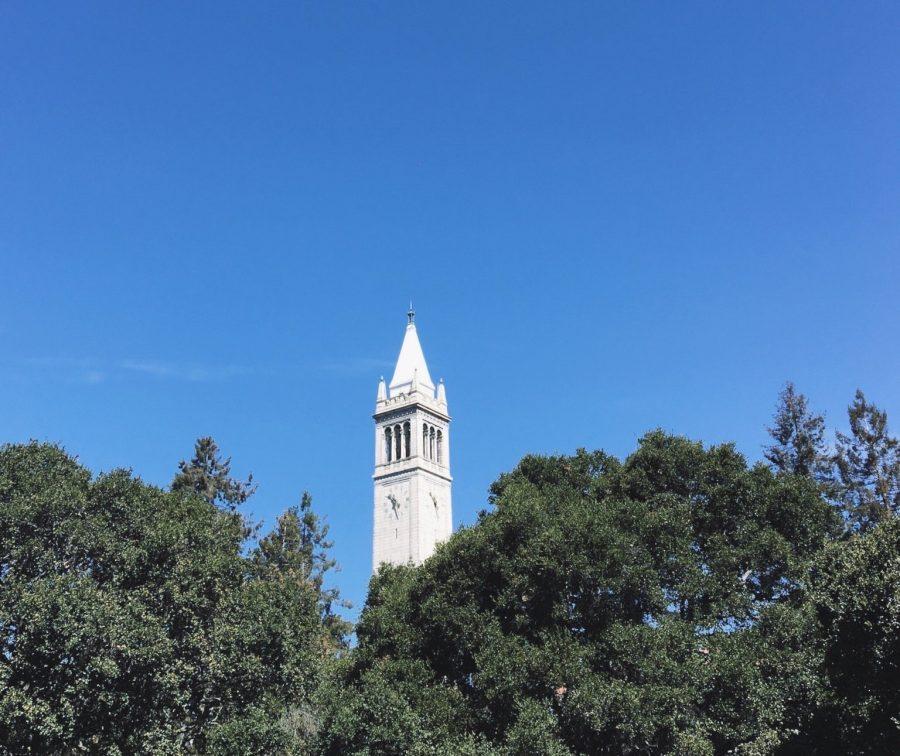Gov. Gavin Newsom signed Senate Bill 118 on Monday evening, allowing UC Berkeley to resume its original enrollment plan in response to a lawsuit by the organization Save Berkeley’s Neighborhood.
SBN, a community organization concerned with the increase in homelessness as a result of UC Berkeley’s housing practices, required the university to cut offers of admission by at least 5,100 for the class of 2026 in its original lawsuit. The bill is intended to provide an avenue for the university to avoid this reduction in class size.
For SBN, the bill’s passage didn’t come as a surprise. In fact, it was expected, president Phil Bokovoy said.
“We think this legislation is going to hurt students more than it’s going to help them,” Bokovoy said. “I am really disappointed that the legislature did not take a deeper dive into the situation. It was quite clear that the legislature was being completely reactive — they hadn’t taken a close look at what the real situation was.”
The bill will ensure student enrollment at a college campus is not included in the California Environmental Quality Act. CEQA requires campuses of public higher education to complete an environmental impact report for a long-range development plan, which originally included changes in enrollment levels.
CEQA was the basis for the SBN lawsuit, which argued the enrollment increase’s effect on housing availability and noise pollution.
Senior Brighid Baker said she sees the lawsuit as a relief for many students, especially since it is becoming more difficult to attend a UC.
“Personally, I wasn’t very concerned about the lawsuit, but I understand why Cal wanted to admit the expected number as it does maintain their enrollment plan and benefit students,” Baker said.
While Senate Bill 118 will allow UC Berkeley to once again offer admissions to 15,000 freshmen for the class of 2026, the school will be required to review the environmental impacts of the increased number of students and file a new, supplemental or subsequent EIR if there are changes to the environmental effects. If the EIR is not certified within the next 18 months, the state can cap enrollment.
But Bokovoy said he would like the bill to include a requirement for the university to build more housing before increasing enrollment.
“They’ve identified lots of opportunity sites for housing, and the committee has identified additional sites,” Bokovoy said. “So I think if the university was serious about building housing — which they haven’t been — they could solve a big proportion of the problem.”



